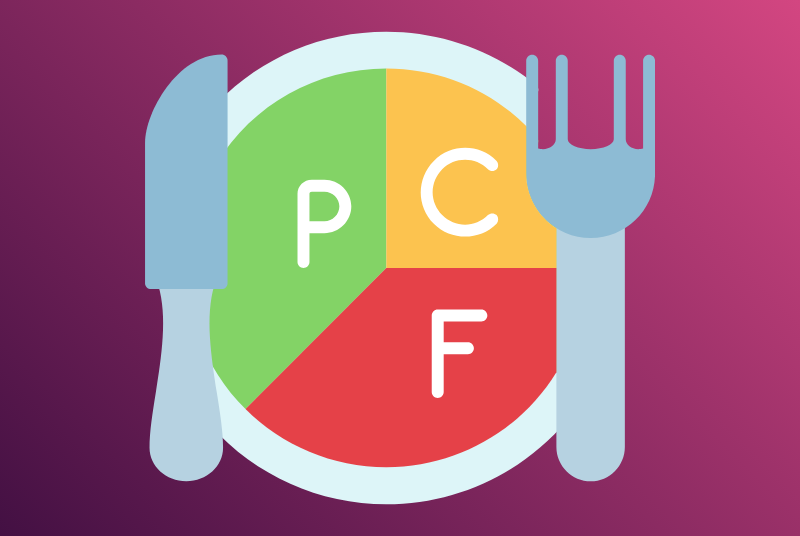Macronutrients 101: Why Protein and Fat Are Essential, But Carbs Aren’t
When it comes to nutrition, one word gets tossed around a lot: macros. Short for macronutrients, these are the nutrients your body needs in larger amounts to function, grow, and thrive. Every bite of food you eat is made up of some combination of the three macronutrients: protein, fat, and carbohydrates.
Each one plays a role in human health — but not all of them are equally essential. Let’s break it down.
Protein: The Priority Macro
If you remember only one thing about macros, let it be this: protein is king.
Protein’s main job isn’t to fuel you, but to build and repair you. It’s the raw material your body uses for:
Building and repairing muscles, bones, skin, and other tissues
Supports enzymes and hormones
Maintains immune system function
While protein can be burned for energy (about 4 calories per gram), that’s not what your body prefers to do with it. It wants to use protein for maintenance, repair, and resilience.
Why protein matters so much:
Many people under-eat protein, especially women and older adults, leading to muscle loss.
Animal proteins are especially powerful because they contain all essential amino acids, are highly bioavailable, and rich in leucine — the amino acid that flips the switch on muscle building.
Eating enough protein keeps you fuller longer, reduces cravings, supports mood, and preserves lean mass during fat loss.
Think of protein as the foundation of every meal.
Fat: The Clean-Burning Fuel
Fat has been unfairly demonized for decades, but it’s absolutely vital for health. In fact, when carbs are low, fat becomes your body’s most stable, reliable energy source.
Here’s why fat matters:
It provides 9 calories per gram — a dense, long-lasting fuel source
Supports hormone production (including sex hormones and stress hormones)
Nourishes the brain — your brain is mostly fat, after all!
Builds cell membranes
Helps absorb fat-soluble vitamins A, D, E, and K
Promotes satiety, making it easier to go longer between meals
The best fat sources in a Proper Human Diet (PHD) are animal-based: butter, ghee, tallow, lard, egg yolks, and fatty cuts of meat. Some people also do well with small amounts of high-quality plant fats like olive oil, avocado oil, or MCT oil.
When protein is the foundation, fat is the fuel that keeps the fire burning steady.
Carbohydrates: Optional Fuel
Now here’s the plot twist: unlike protein and fat, carbohydrates are not essential.
Carbs provide quick energy (about 4 calories per gram), and when eaten, your body uses them for glucose — the preferred short-term fuel for red blood cells, the brain, and a few other tissues. But here’s the thing: your body is fully capable of making glucose on its own, even if you never eat another carb.
This process is called gluconeogenesis, where your liver converts protein and fat into glucose as needed. Translation? You don’t need to eat carbs to survive or thrive.
That said, carbs can be a tool depending on your goals, activity level, and personal tolerance. Whole-food carbs like berries, squash, or root vegetables may work for some people. But processed sugars, refined grains, and seed oils should always be off the table.
Putting It All Together: The PHD Approach
In the Proper Human Diet framework:
Protein is prioritized to support repair, resilience, and strength.
Fat is embraced as a clean, steady-burning energy source.
Carbs are optional — you can minimize or eliminate them, and your body will still have all the glucose it needs.
The shift to higher protein and fat with fewer carbs often results in:
More energy and mental clarity
Better blood sugar control
Reduced cravings and easier fasting
Protection of lean muscle mass
Improved overall well-being
The Bottom Line
Your body is designed to thrive on protein and fat. These two macronutrients are essential, irreplaceable, and foundational for health. Carbs? They can be optional, and whether you include them depends on your unique situation.
So, the next time you build a plate, think: protein first, fat for fuel, and carbs only if they truly serve you.
